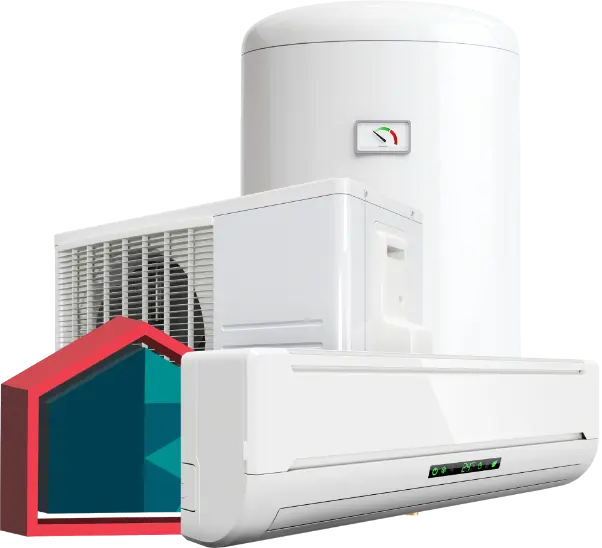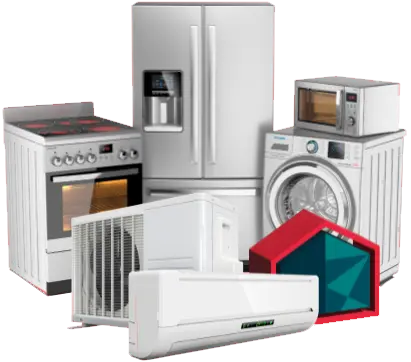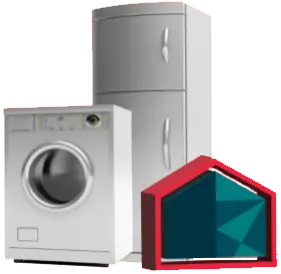Deciding On The Best Home Warranty For You
Figuring out what to cover, what not to cover, and understanding how your home warranty in West Virginia works is an important part of the process. Don't feel like you have to rush into making a decision and ask any questions you may have about coverages and limitations. It's also a good idea to look into cancellation policies as well as transfer policies.
Your coverage should be customizable to match the equipment and appliances in your home, and you shouldn't have to pay for things you don't need. Your home warranty in Alloy may cover only equipment and systems like HVAC and water heaters, kitchen and laundry appliances, or both. Your equipment should be in working condition and well maintained before starting your warranty period.
Liberty Home Guard wants to make sure you have the information you need when choosing a home warranty plan. Be sure to check out our resources and read on to learn more about home warranties and how they work.
How A Home Warranty Is Different From Insurance
A home warranty in West Virginia is not insurance, and it provides distinctly different coverage than a homeowner's insurance policy. A home warranty works in much the same way as a manufacturer's warranty - should something break or fail during regular use of the item, and not as a result of negligence, the item will be repaired or replaced.
A typical homeowner's insurance policy covers your building and everything inside in the event of a disaster such as a fire or storm that damages your property. A home warranty in Alloy provides extended coverage for your home's appliances and systems should they require repairs. There does not need to be damage for your home warranty to apply, and any covered appliances or systems can be repaired through your home warranty as needed.
































